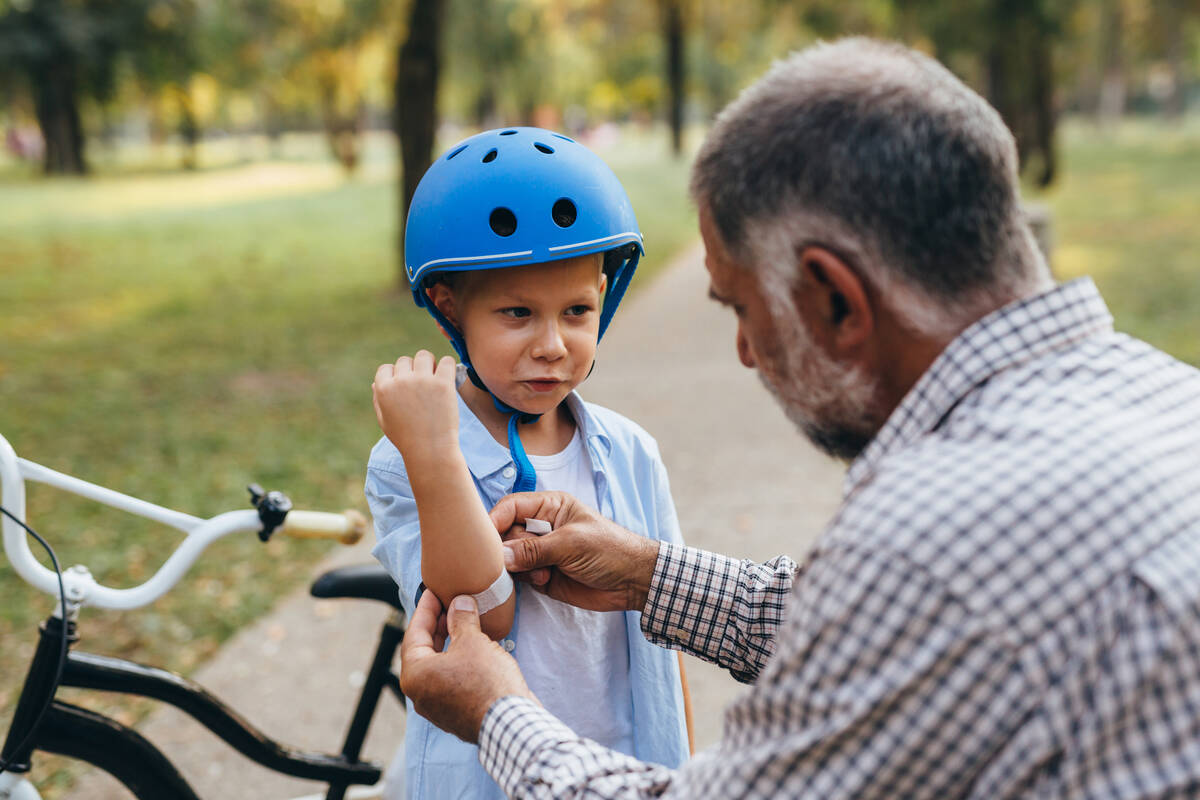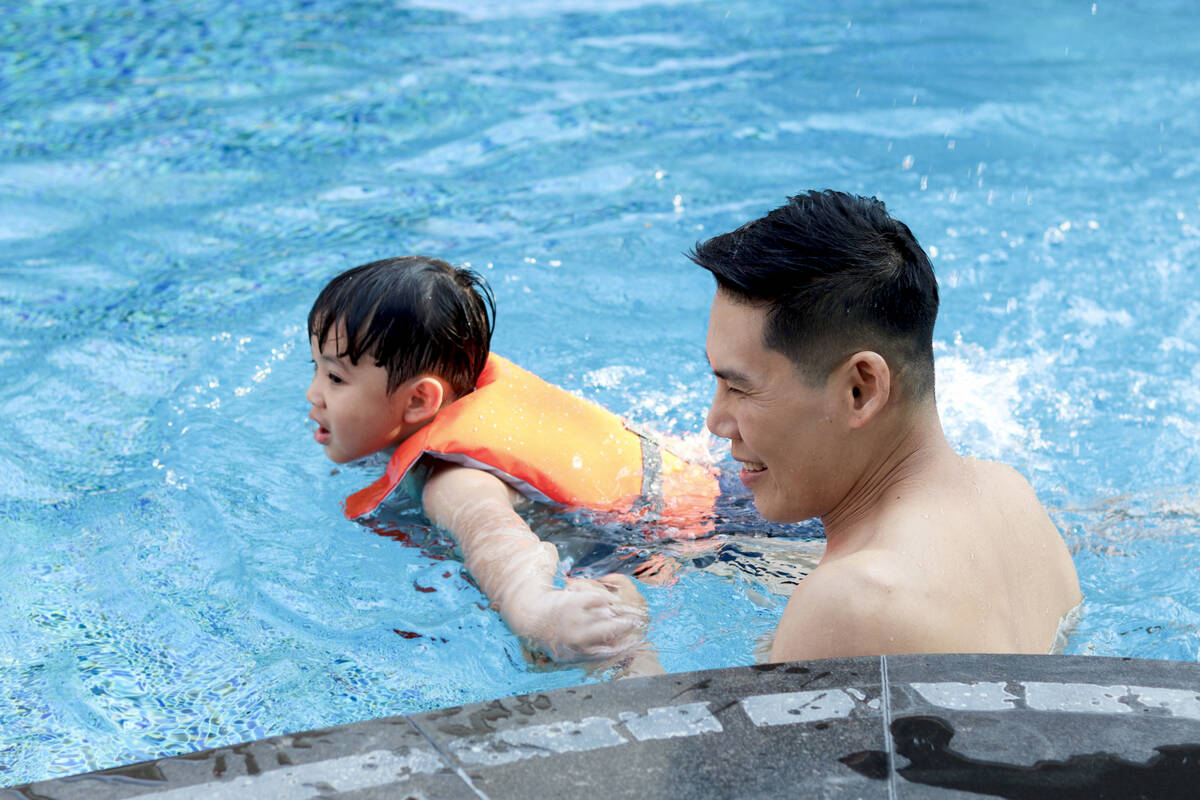How to deal with kids’ common summertime injuries
For kids, summer can revolve around playgrounds, pools, bikes and just being outside. For parents, it can mean a litany of ouchies to take care of — including scrapes, sunburns and dehydration, pediatricians say.
“Kids should play and have every opportunity to use their imagination, but we need to take precautions to keep them as safe as possible,” says Dr. Danielle Mercurio, a pediatrician at Johns Hopkins All Children’s Hospital.
Here are the top things pediatricians say you should keep an eye on.
When your child is overheated
It’s important to take precautions in warmer weather, especially with younger kids, who are more susceptible to heat illness, Mercurio says. That means keeping a water bottle with them when they’re outside, wearing sun-protective clothing and mineral sunscreen and not staying in the sun too long.
Parents also should monitor kids for signs of fatigue and pay attention to the warmth and color of their skin — if it’s red and hot, they probably need to take a break inside or under a shaded area.
You should also know what the three different types of heat illness are, Mercurio says, each more severe than the next.
The first is heat cramps, and the only remedy is giving kids fluids that contain electrolytes — like coconut water or sports drinks — to replenish salts that the body lost from sweating.
The next level is heat exhaustion, which causes nausea, vomiting and feeling weak or anxious. It’s typically accompanied by a fever. You can try taking the child into a cooler area, giving them fluids, spraying them with water or putting them in front of a fan to cool them off.
If your child has all of those symptoms and is also acting confused or responding strangely, that’s heatstroke, which warrants a trip to the hospital.
How to play in water safely
Pools, lakes and other bodies of water are common sites for summertime injuries, according to Lysouvakon.
One must-have, he says: a designated adult whose only job is monitoring the pool while kids are in it. If you have an above-ground pool, make sure it’s fenced in with 4-foot walls to keep kids out when there aren’t adults around.
Any type of water can be a source of drowning — even an inch can be dangerous for little ones, says Dr. Christina Kratlian at Boston Children’s Hospital. She suggests draining, flipping and deflating inflatable pools after every use.
And if a child is rescued from the water and has experienced choking or difficulty breathing or lethargy, that might mean there is water in their lungs, and that requires medical attention, according to Dr. Danielle Grant from Texas Children’s Hospital.
Soothing scrapes and bruises
Kids fall off bikes and fall down on trampolines, and they might come back in with scrapes and bruises.
If your kid is on a bike, they should be wearing a helmet, experts say; make sure it fits correctly and the strap is snug under a child’s chin. Trampoline injuries are common, too, especially when there’s more than one kid on at a time.
Parents should make sure that if kids go to a playground, it “matches the child’s age,” Kratlian says. For example, a little toddler shouldn’t be in a large swing that doesn’t fit them or climbing tall structures. Metal slides can get hot under the sun, so check it before a kid launches down one.
Most scrapes can be taken care of at home by cleaning them and applying antibacterial ointments and bandages, especially if they’re not infected.
But any time there’s a significant fall, especially on the head, take your child to the doctor. Other warning signs include inability to move an arm, leg or joint; big cuts; and redness, pus, heat or streaking around a cut or scrape.
When in doubt, Grant says, call your pediatrician.





















